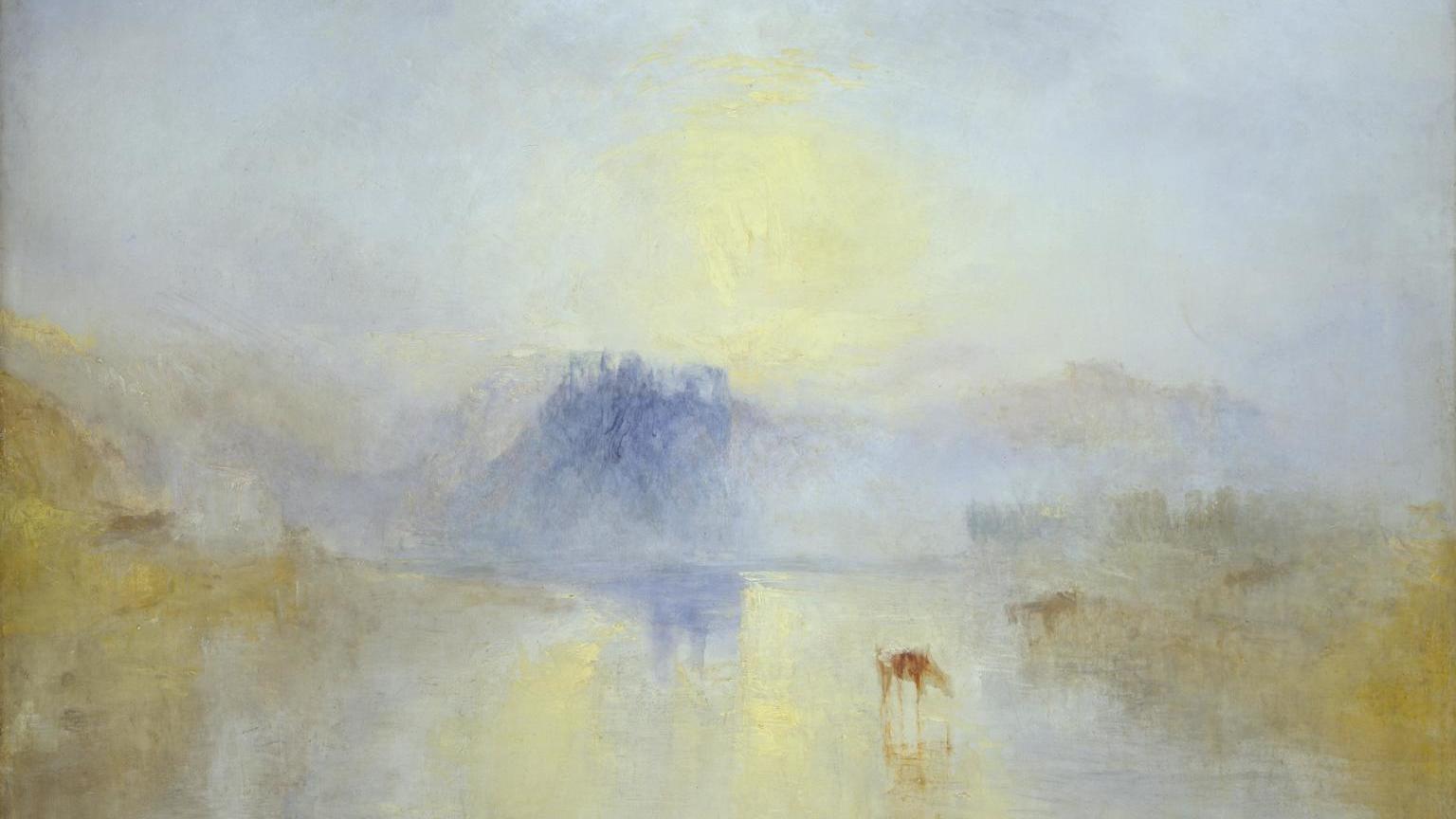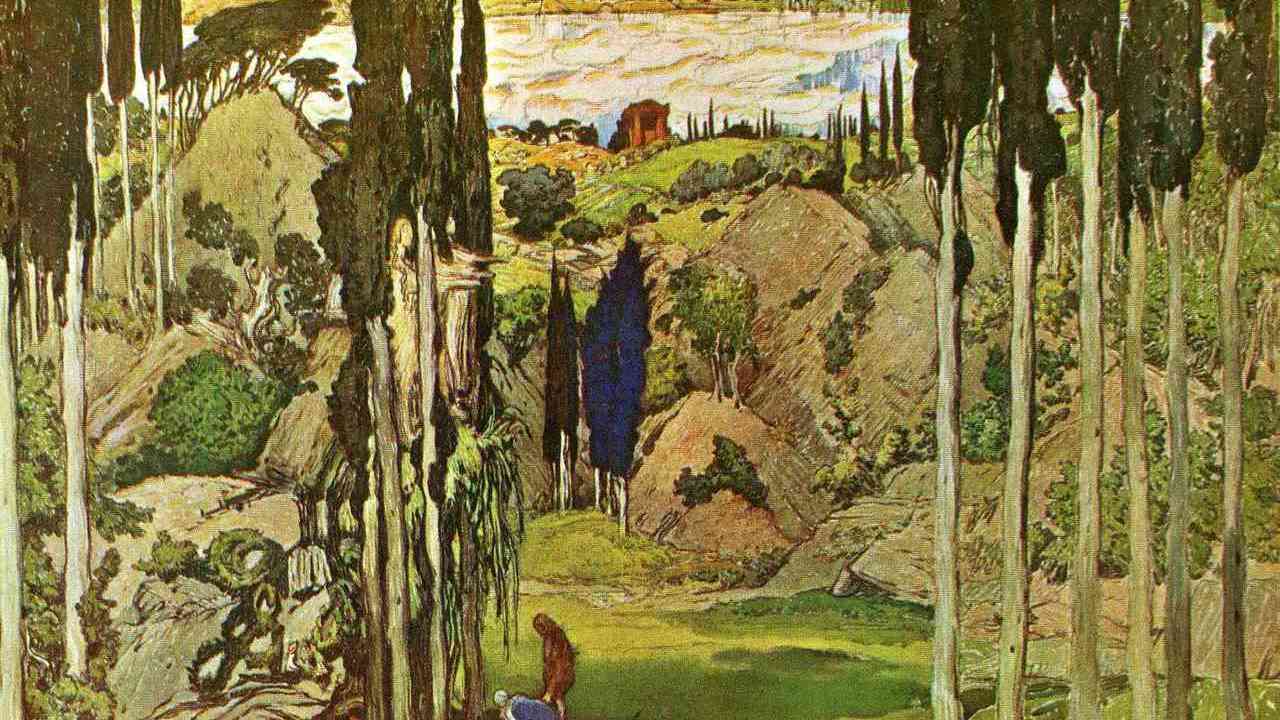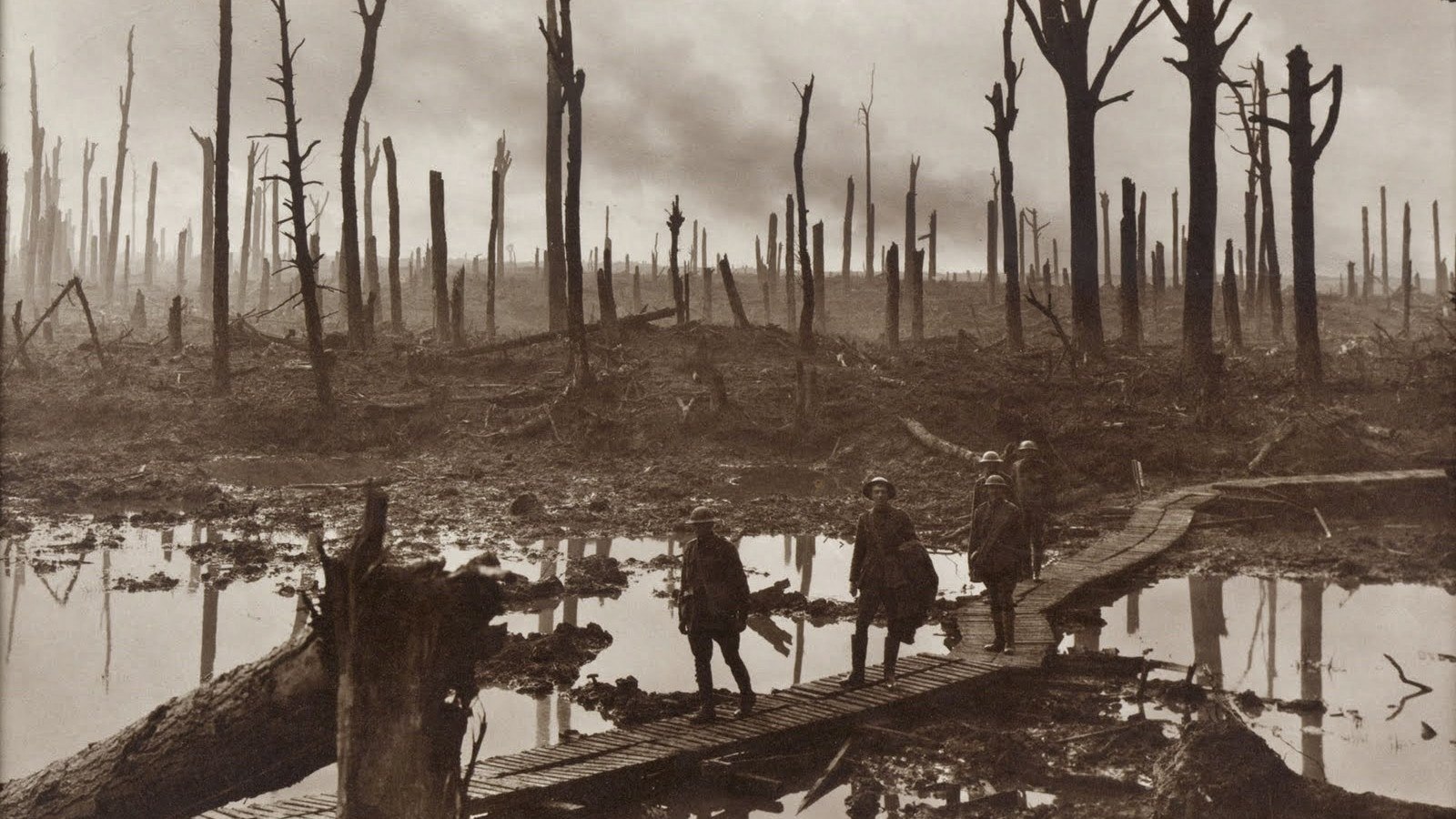Michael Torke’s “Jasper”: A Glorious, Living Canopy
Do you ever hear music in your dreams? It has happened to me on rare occasions. Short, vague musical phrases emerge, repeat, dissipate, develop, and mix together in an unfolding sonic stew—the ghosts of Bruckner, Debussy, Beethoven, Mahler and a host of others stored in the deep recesses of memory. If I was a composer, I might be able to remember these fleeting ideas and organize them. Often, when I listen to …







